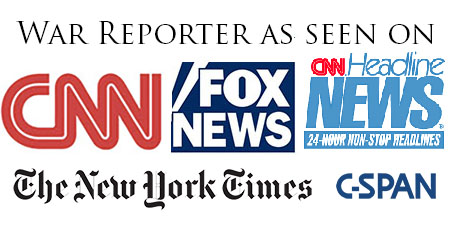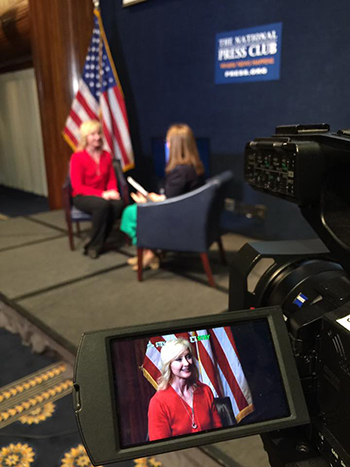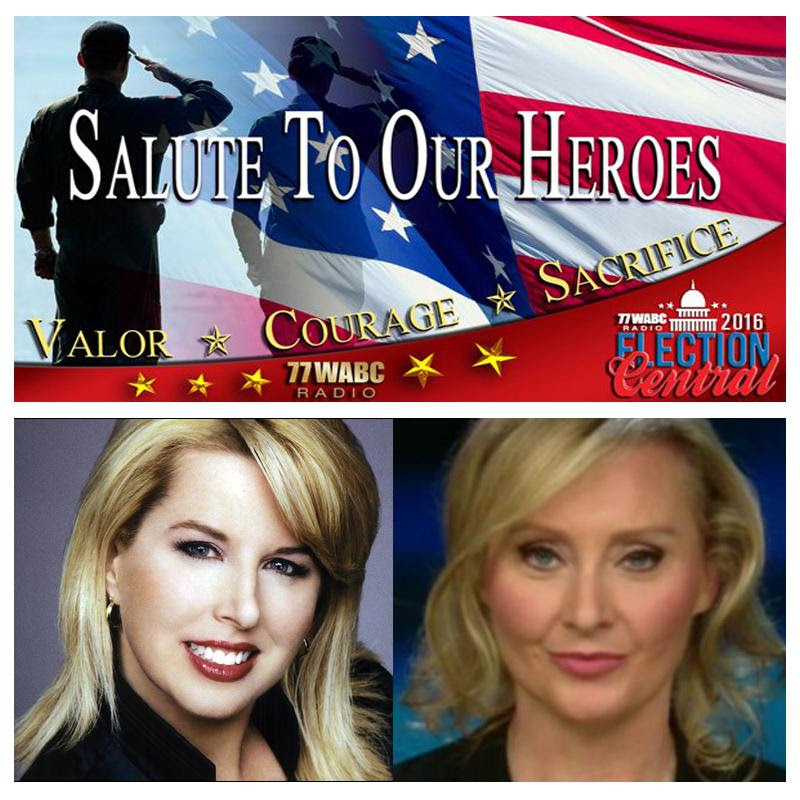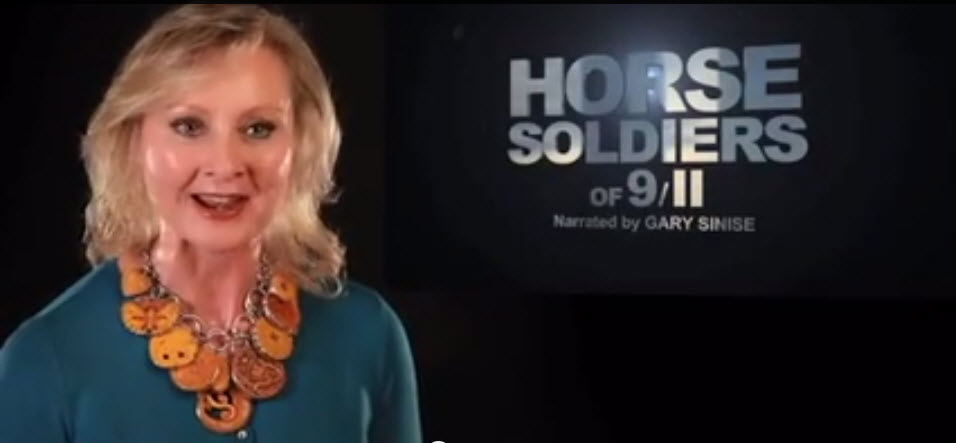Alex Quade, a member of the Society of Professional Journalists since 2012, is a war reporter and documentary filmmaker who has covered U.S. Special Operations Forces on combat missions since 2007. Extreme storytelling and silent risk-taking lie at the heart of what Quade does. She is the recipient of two national Edward R. Murrow Awards, as well as the Congressional Medal Of Honor Society’s Excellence in Journalism Award for her “honest & courageous” war reportage. Quade has produced videos and online reports for The New York Times, written a front page story for The Washington Times and has two documentaries in film festivals.
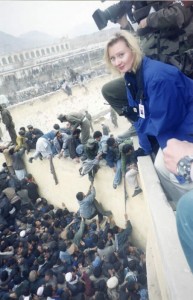
Crowds can quickly turn into riots. CNN correspondent Alex Quade covering Kabul, Afghanistan 2001/2002.
Photo: Courtesy CNN
Quade attended Georgetown University’s Institute for Political and Ethical Journalism and holds three degrees from the University of Washington. She serves on the Board of Military Reporters & Editors (and is its expert on Special Operations).
Here are her top six tips for being a war reporter:
Be prepared.
I am at my best in extreme situations and chaos. But, war alters you forever. If your video, pictures or words from the front lines aren’t good enough, it means you aren’t close enough. Witnessing the atrocities of humanity and the suffering of others hurts. As writers and reporters, we can touch thousands of lives. Our actions have consequences. We can make people pay attention and shake them out of indifference. I write and report, because I must. I channel my emotions into my work.
Do not carry a weapon.
Covering Special Operations Forces, I had to learn about weapons. The “A-Teams” I was embedded with in Diyala Province, Iraq, told me that every one of us was on a hit list by name. They told me that if it was a really ‘bad day’ and the A-Team was slaughtered around me, I should grab one of their weapons and save one bullet for myself. Because that would be preferable to being captured. They cited the beheading of our colleague from the Wall Street Journal, Daniel Pearl, on the Internet as an example. My advice to journalism students or colleagues embedding with military units: Do not carry a weapon. That makes you a ‘combatant.’ Remember, your words and your ability to get the story out are your weapons, which is why journalists are often targeted.
Find a mentor who will kick your butt.
Medal of Honor recipient, Colonel Robert L. Howard, was a legendary member of SOG, Special Forces, Rangers, Delta Force, etc. (he was the Soldier in that iconic photo from Vietnam, running and carrying a wounded prisoner of war). Bob hated reporters, but decided I was worth his time and treated me like a son (even though I’m a woman). Before he died, he said to me: “Alex, truth in reporting is a virtue, without un-necessary exploitation of facts. It’s about trust and honest sincerity: military dependents resent the absence of their loved one and will turn to you for the ‘rest of the story.’ I challenge you to stay alert, stay safe, watch your back, and return home to share your stories and experiences with the public that need to be reminded.”
Remember why you are choosing to cover war.
Every day that I’ve spent in hostile environments and war zones — specifically with those Special Operations Forces — has always brought a unique story. Yes, often something difficult, but often something amazing. I think each story deserves to live and breathe. That is the best definition of a “war reporter.” Not an adrenaline junkie. Not a foolhardy, cowboy, thrill-seeker, but someone who can engage the truth. The truth of these soldiers’ lives cannot be done from a TV-studio in New York City, or from the occasional Anchor-person drop-in. How else can we explain and justify faraway conflicts, if we, as a society don’t care enough to record them? In their stories, you find the real truth.
Yes, I report the good, the bad and the ugly, but I do it with the context borne only from experience. My goal is simple: to make the inaccessible feel relevant to the American people and audience. The Special Operators will never leave anyone behind. And that’s how I feel about their stories. Their stories should all come home, too, so that the truth is not left behind.
Pack your moral compass.
Just because you’re in a war zone, doesn’t mean you leave your gut ethics behind when the bullets fly. As a reporter, here’s what I’ve lived by (there are many journalism ethics codes of conduct, from CNN, The New York Times, PBS, the Society of Professional Journalists, etc.): Do nothing you cannot defend. Cover, write & present every story with the care you would, if the story were about you. There is always another side to every story. Your audience is as smart and caring as you are, and so are the people on whom you’re reporting. Treat them all with respect. Do your homework. Triple-check your facts and sources — it’s better to be right, than first. Your integrity & reputation mean everything.
Don’t think you must be invited to succeed.
My advice to journalism students & fellow journalists: You have an amazing purpose on this earth, and you can’t let fear get in the way. Don’t hold yourself back. Don’t think you must be invited to succeed. Find your own voice and courageously go after what you really want to do. In my case, as a woman living in and covering a very male-dominated world of military Special Operations, I’ve figured out how to still be me, to speak with my own voice and to let the world know what I think and have to offer. I made a choice. I believe anyone with confidence and ability can do really big things if he or she focuses on making it happen. I’ve earned life lessons the hard way and have had many setbacks to overcome. But it was a choice to “suck it up and soldier on,” overcome them and continue on with the journalism and storytelling. I encourage all journalists to think bigger and step outside their comfort zone.
This article originally appeared in SPJ’s newsletter.
